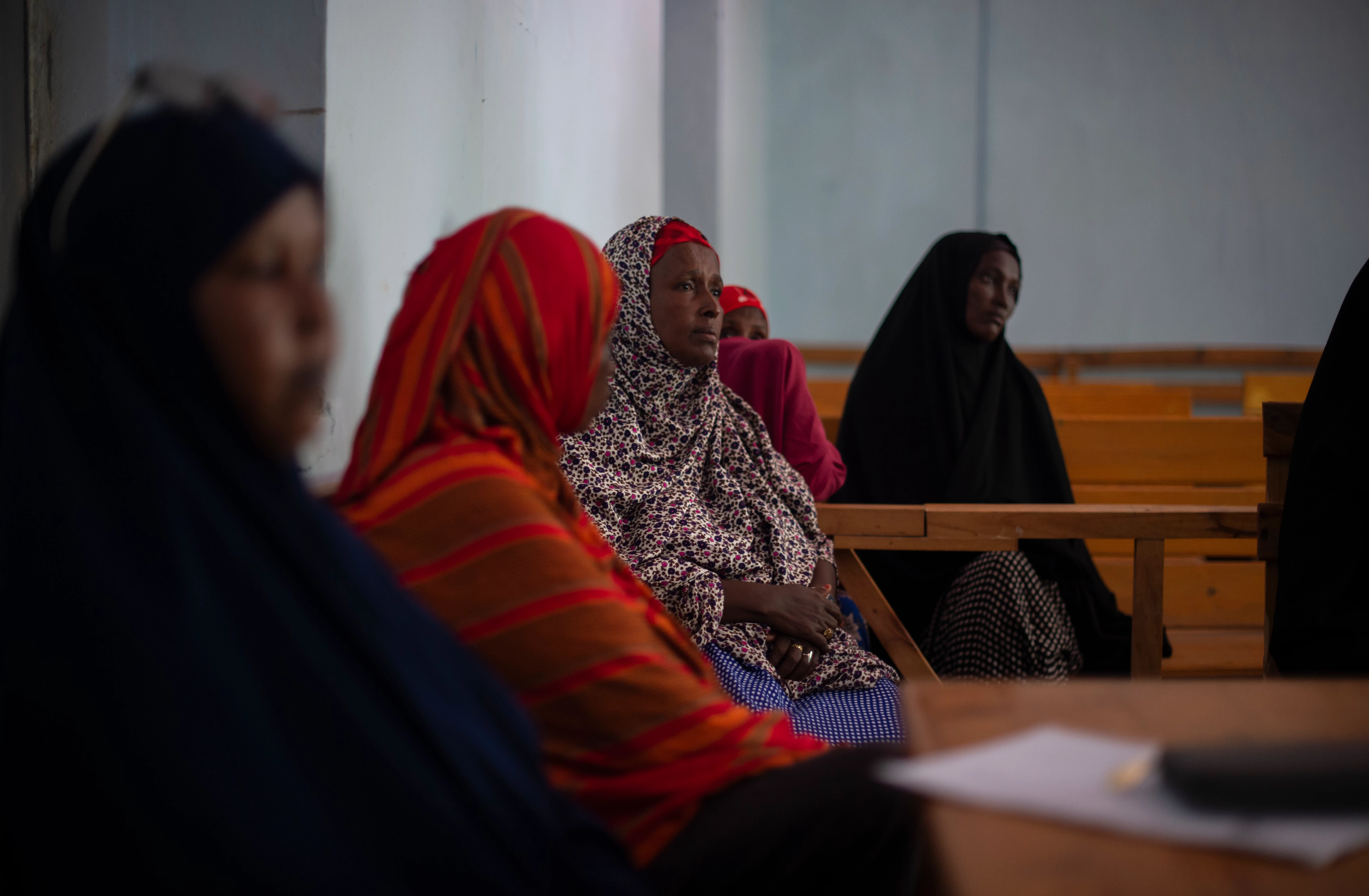Masculinities, Misogyny and Violent Extremism
January 5, 2023

Research focused on pathways into extremism has increasingly focused on the complex roles that women play in extremist groups. However, new thinking on gender in radicalization and recruitment is paying increasing attention to the role of masculinities and misogyny in male radicalization to violence; from Salfi-Jihadist groups to the Far Right and the misogyny of Hindutva-linked movements.
It is now being acknowledged that there are pathways to recruitment and radicalization into misogyny that, in many ways, mirror trajectories for radicalization into ethno-religious extremist groups. “The concept of masculinities as a driver to follow extremism has really started to emerge,” explains Josh Roose, a political sociologist and Associate Professor in Politics and Religion at the Institute for Citizenship and Globalisation at Deakin University in Melbourne. “For the first time we're starting to see really strong patterns emerging across the spectrum.”
A growing body of research is identifying interlinkages between misogynistic attitudes and a sense of thwarted masculinity as a consequence of changing social and economic realities. This ‘emasculation’ finds expression in anti-feminist, anti-women rhetoric and often gender-based hate crimes. “I suppose it's a perfect storm in many ways,” according to Debbie Ging, Associate Professor of Digital Media and Gender in the School of Communications, Dublin City University. “The constant erosion of the social safety net, transition towards the gig economy, rising house prices…the signifiers of traditional masculinity which would be your status that's afforded by your career, ownership of property, the things that would in a kind of heteronormative society make you marriageable and afford you status.”
The explosive power of the internet over the past decade has also served to weaponize social media and the dark web and provide tools for congregating and sharing perceived threats; that women and, specifically, feminists, pose a threat to ‘natural’ gender constructs. The resultant ‘manosphere’ is an online ecology of misogyny in which message boards, memes and websites harness male insecurities and resentments. “We're talking about forums like Men Going Their Own Way. We're talking about Twitter, social media, Facebook, Telegram groups, gaming forums where men can actually meet online and basically share their hatred of feminism, share their sort of disdain and self-flagellate about how horribly men are treated”, says Roose.
While Far Right and white supremacist groups are gaining increasing attention from policymakers after a series of recent attacks in the US, Europe and Australia, misogyny and the subjugation of women continues to be a tool for recruitment across extremist groups. In Libya and Syria, explains Asma Khalifa, a researcher and human rights activist [men] “now blame development organizations for women’s empowerment in economic spaces …It's seen as a foreign intervention against the moral values of society and so there's an extreme crackdown on specific spaces on female lawyers and female journalists, any woman who takes a public spaces is under attack, either online or offline.” Ging says these actions, wherever they occur impose a “chilling self-censorship” on women, forcing them to step back from economic spaces and sabotaging the hard-won spaces and professional opportunities that women have strived to achieve. “This is also a contest for ideological ownership of the space. So, it has a very clear goal, which is to drive women away and to instill fear.”

 Locations
Locations



